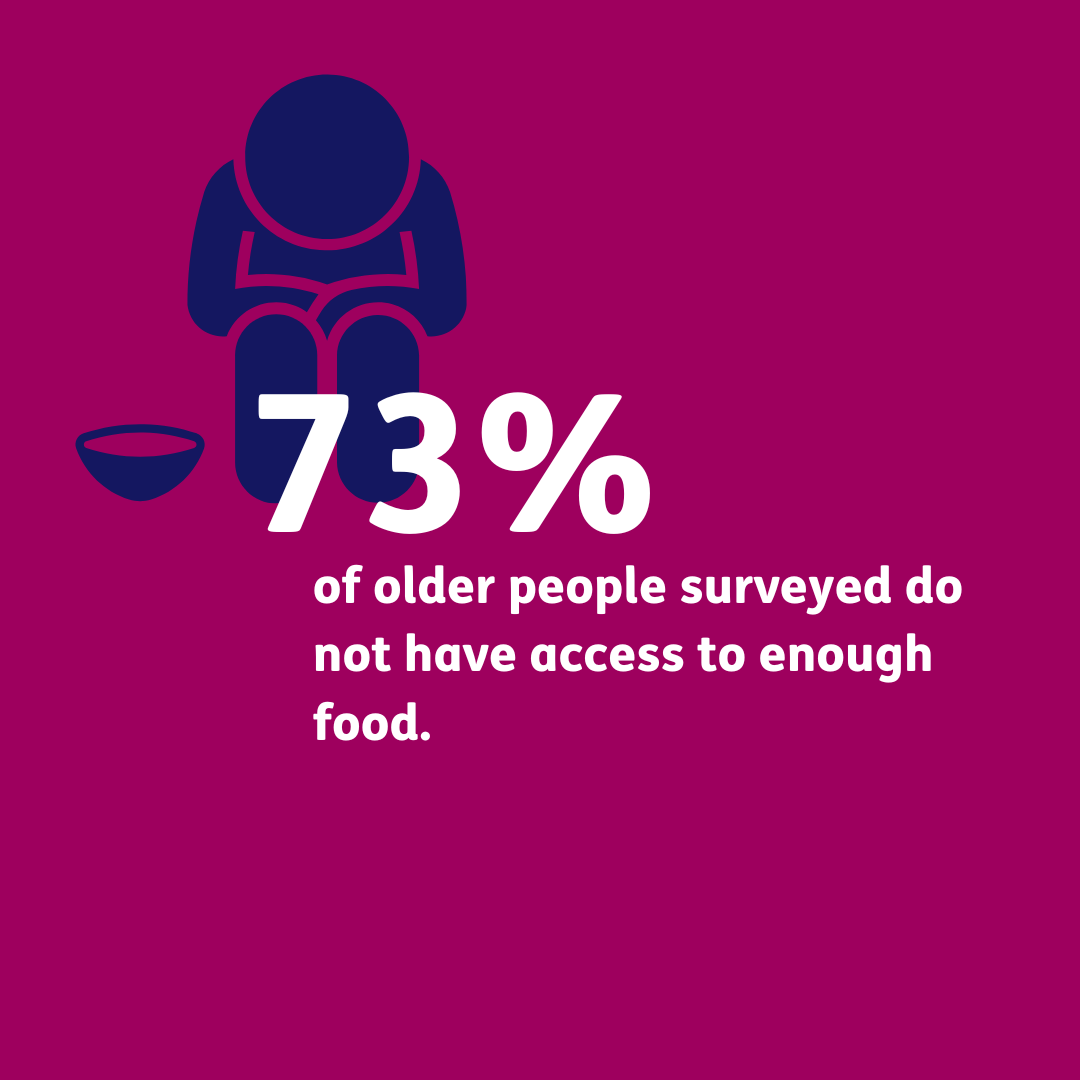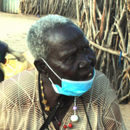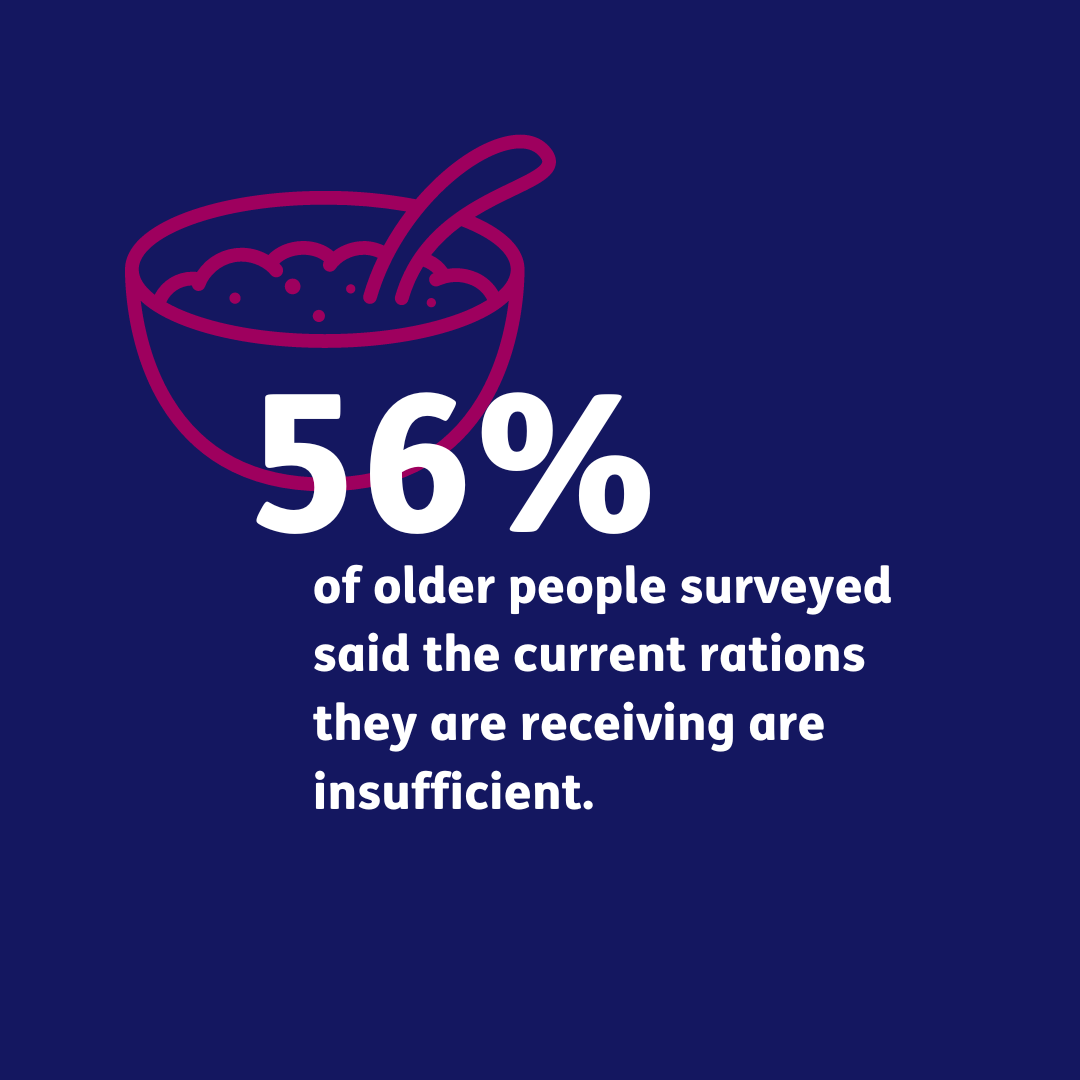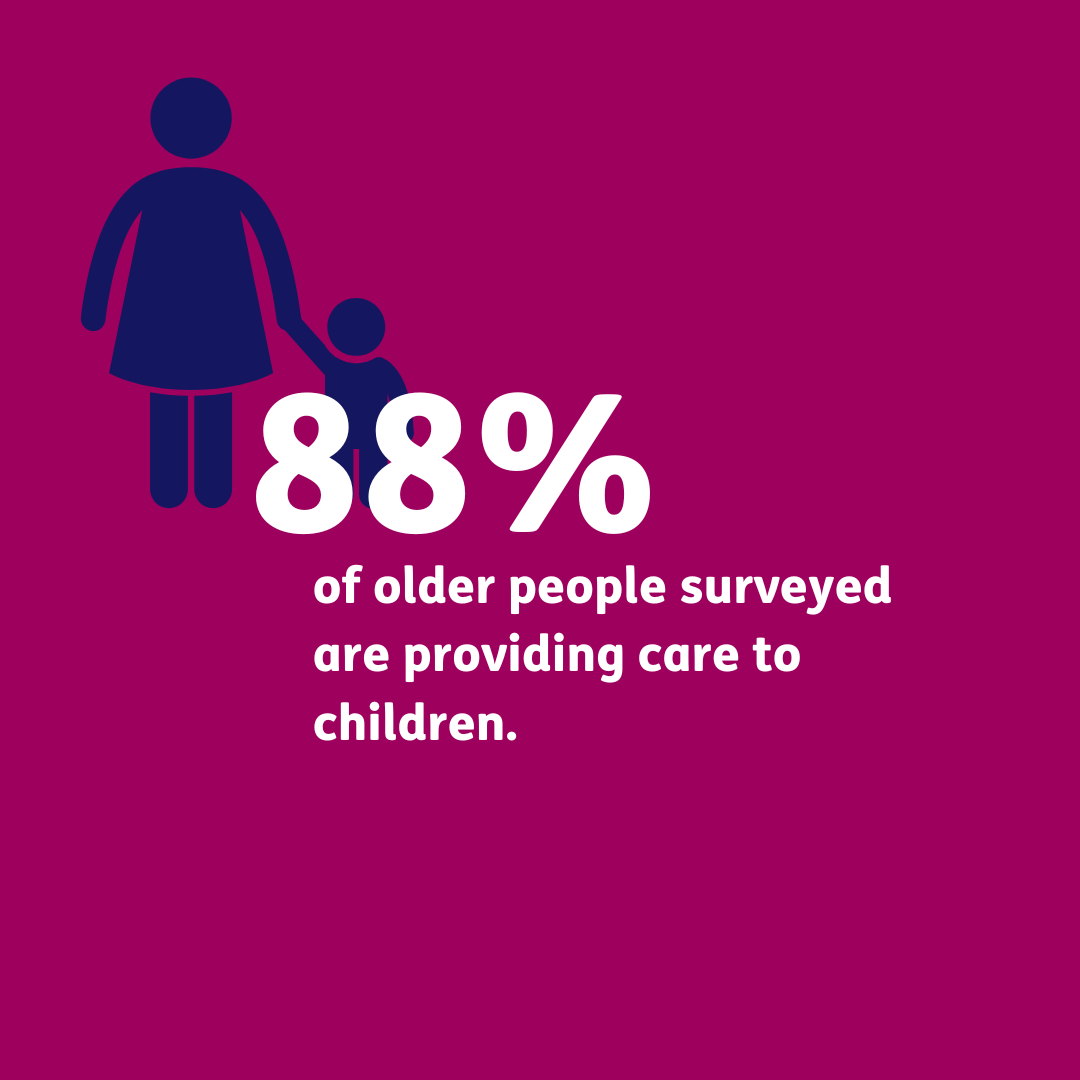
The unreported crisis leaving older people in East Africa hungry
Published on 06 June 2022 02:59 PM
East Africa is currently experiencing an extreme, widespread and persistent drought. On the verge of starvation, over 20 million people are in urgent need of food and older people are particularly at risk. Age International is already responding to support older people affected, but the global community must act now to prevent further loss of life.
Four consecutive rainy seasons across East Africa have now failed, with this year’s March-May rainy season thought to have been the driest on record. For the millions of pastoralists who survive on herding their livestock and growing their crop, the dry period has devastated their livelihoods. Crops and livestock are dying at an unprecedented rate and many older people are unable to access sufficient food and water.
Some of the worst affected areas are Ethiopia, Kenya, Somalia and South Sudan, many of which were already facing instability and conflict. This has further compounded the crisis, along with global increases in fuel, food and fertiliser costs because of the COVID-19 pandemic and Ukraine conflict.
Uprooting entire communities
The ongoing drought threatens a whole way of life for rural communities. The search for water and suitable pasture for livestock, along with civil unrest and conflict, has seen many people uprooted from their homes. As communities fragment, older people can lose their status and support networks, leaving them vulnerable.
Older people also need specific proteins and nutrients in their diet, so decreased access to milk and other nutritious food during drought periods puts them at greater risk of malnutrition. In communities affected by the crisis in both Ethiopia and South Sudan, Age International and our partner organisations are responding to the emergency with age-specific support.

“The weather around is so dry and hot that the grass and shrubbery is drying up. Now I get the information that even our livestock is at risk. They are getting emaciated...”
South Sudan has seen a pattern of severe flooding followed by severe drought in the past couple of years, resulting in failed crops and ruined pasture. As in Ethiopia, many have had to leave their homes due to the ongoing civil war as well as drought. With our partner HDC, we are distributing emergency food parcels and food vouchers within easy reach of older people or delivered to their homes. We are also giving seeds and livestock to the families of older people worst affected by the drought.
Whilst a pattern of dry and rainy periods is normal in these regions, older people have seen weather become increasingly extreme during their lifetime. They often hold important knowledge on coping with drought situations, reading climate patterns and recognising when to migrate. In South Sudan, we are supporting older people to share this knowledge and become recognised community leaders, mediating in disputes that arise due to the increased pressure on people’s livelihoods.
Understanding the scale of the problem
Our partner, HelpAge International, has undertaken research with older people in Kenya, South Sudan and Ethiopia. These assessments give older people in humanitarian crises the opportunity to tell us what they most need so that we can best address their needs and raise awareness.



Our partner HelpAge International is also working with other network partners to support older people in the worst affected communities. But this crisis is on an unprecedented scale, and the world must come together and act now if we wish to prevent even greater levels of starvation and death as a result of this crisis.
